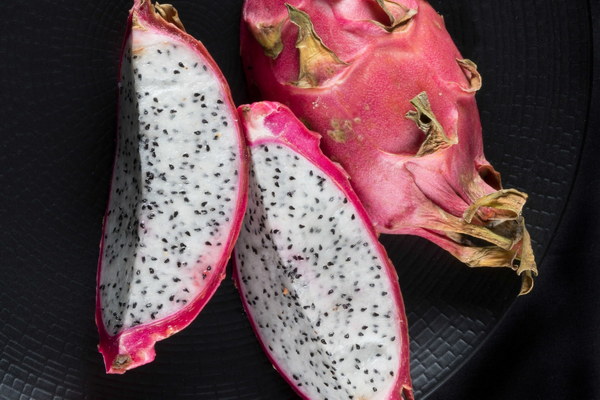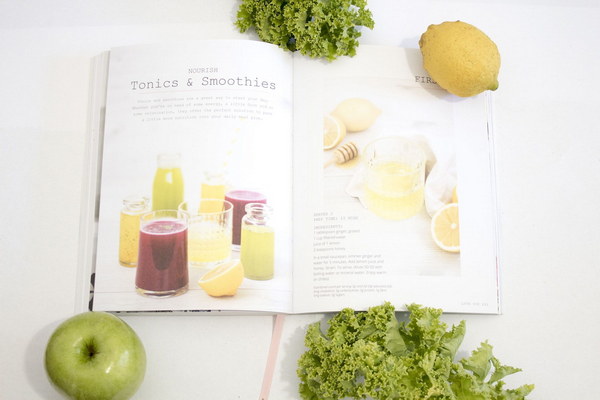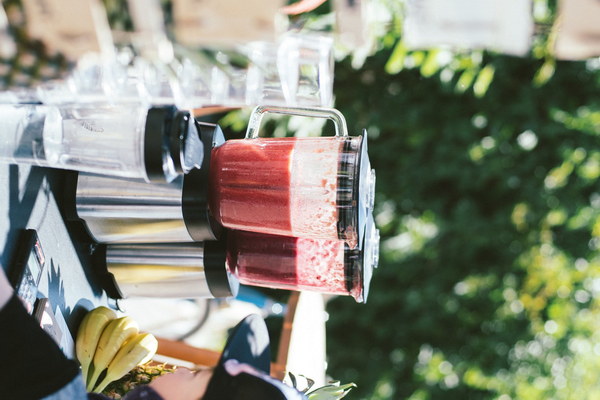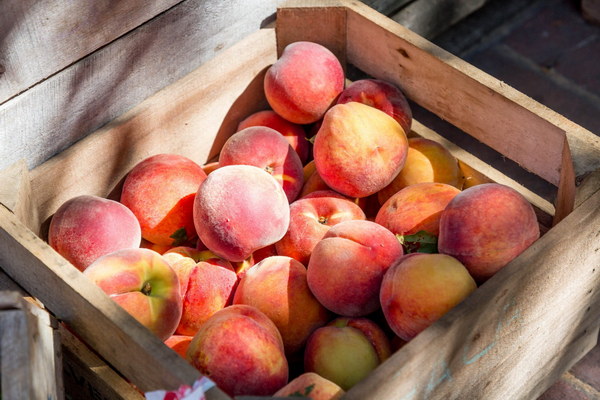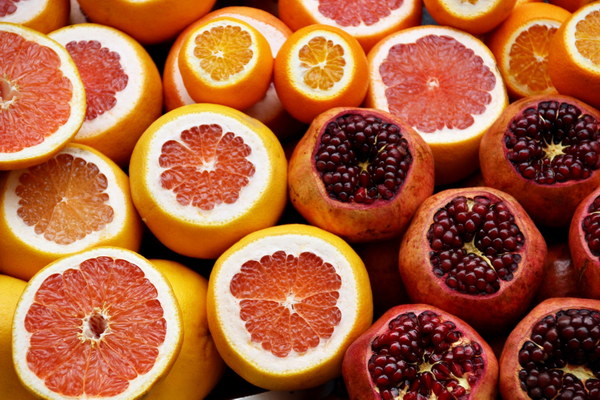Dealing with Diarrhea When Kid-Friendly Blood-Boosting Foods Backfire
In the quest for boosting our children's health and energy levels, we often turn to traditional blood-boosting foods. However, what happens when these very same foods lead to an unexpected side effect like diarrhea? This article delves into the reasons behind this phenomenon, offers tips on how to manage it, and explores healthier alternatives for your little one.
Understanding the Issue
Blood-boosting foods, such as liver, red meat, beans, and green leafy vegetables, are rich in iron and vitamin B12, which are essential for healthy red blood cell production. However, some children may have sensitive stomachs or be prone to digestive issues, making them more susceptible to adverse reactions when consuming these foods.
Reasons for Diarrhea

1. Food Sensitivity: Children with sensitivities or allergies to certain blood-boosting foods may experience diarrhea as their bodies try to expel the irritant.
2. Food Intolerance: Unlike allergies, food intolerances do not involve an immune response but can still cause digestive discomfort. Lactose intolerance, for example, can occur with dairy products like milk and cheese, which are sometimes included in blood-boosting diets.
3. Overconsumption: Giving your child too much of a good thing can lead to an upset stomach. It's essential to follow recommended serving sizes and introduce new foods gradually.
4. Food Preparation: Improperly cooked or processed blood-boosting foods can cause digestive issues. Ensuring that these foods are well-cooked and prepared with care can help mitigate the risk of diarrhea.
Managing Diarrhea
1. Hydration: Encourage your child to drink plenty of fluids, such as water, Pedialyte, or diluted fruit juices, to prevent dehydration.
2. Diet Adjustment: Temporarily eliminate blood-boosting foods from your child's diet and reintroduce them slowly to monitor their tolerance. Consult with a pediatrician or nutritionist for guidance.
3. Over-the-Counter Medications: Anti-diarrheal medications, such as bismuth subsalicylate (Pepto-Bismol) or loperamide (Imodium), can be used to manage symptoms. Always consult with a healthcare professional before administering these medications to children.
4. Monitor Symptoms: Keep a close eye on your child's symptoms and seek medical attention if diarrhea persists for more than a few days or if they exhibit signs of dehydration, such as dry mouth, decreased urine output, or dizziness.
Healthy Alternatives
1. Iron-Rich Plant-Based Foods: Lentils, chickpeas, quinoa, and fortified cereals are excellent sources of iron without the risk of diarrhea.
2. Vitamin C-Rich Foods: Consuming vitamin C-rich foods, such as oranges, strawberries, and bell peppers, can enhance iron absorption from plant-based sources.
3. Vitamin B12 Sources: Look for vitamin B12-fortified foods, such as plant-based milks, cereals, and nutritional yeast, to ensure your child is getting enough of this essential nutrient.
4. Fermented Foods: Fermented foods, like yogurt, kefir, and sauerkraut, can promote a healthy gut microbiome and reduce the risk of digestive issues.
In conclusion, while blood-boosting foods are beneficial for most children, some may experience diarrhea as a side effect. By understanding the causes, managing symptoms, and exploring healthier alternatives, you can help ensure your little one remains healthy and happy. Always consult with a healthcare professional for personalized advice and guidance.
